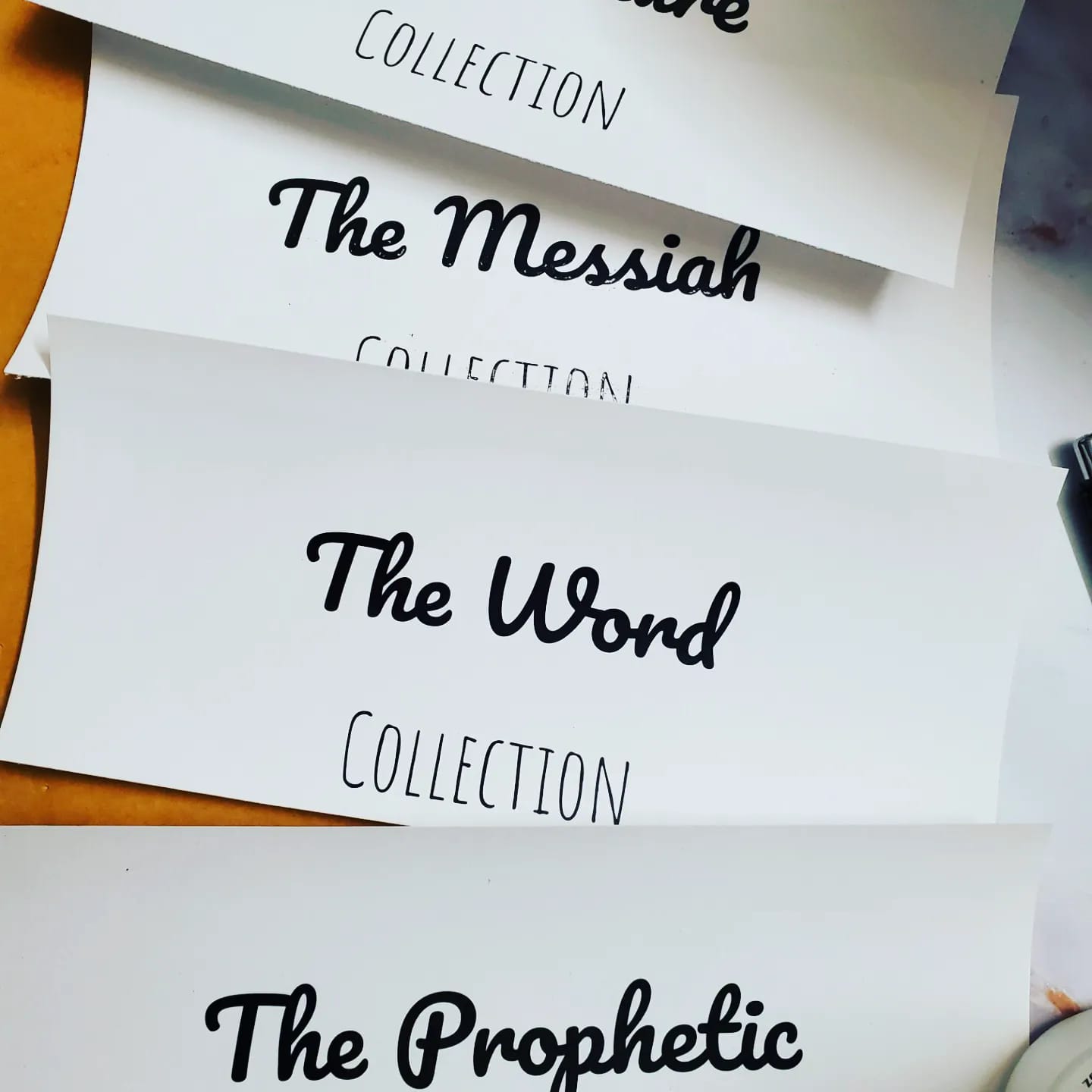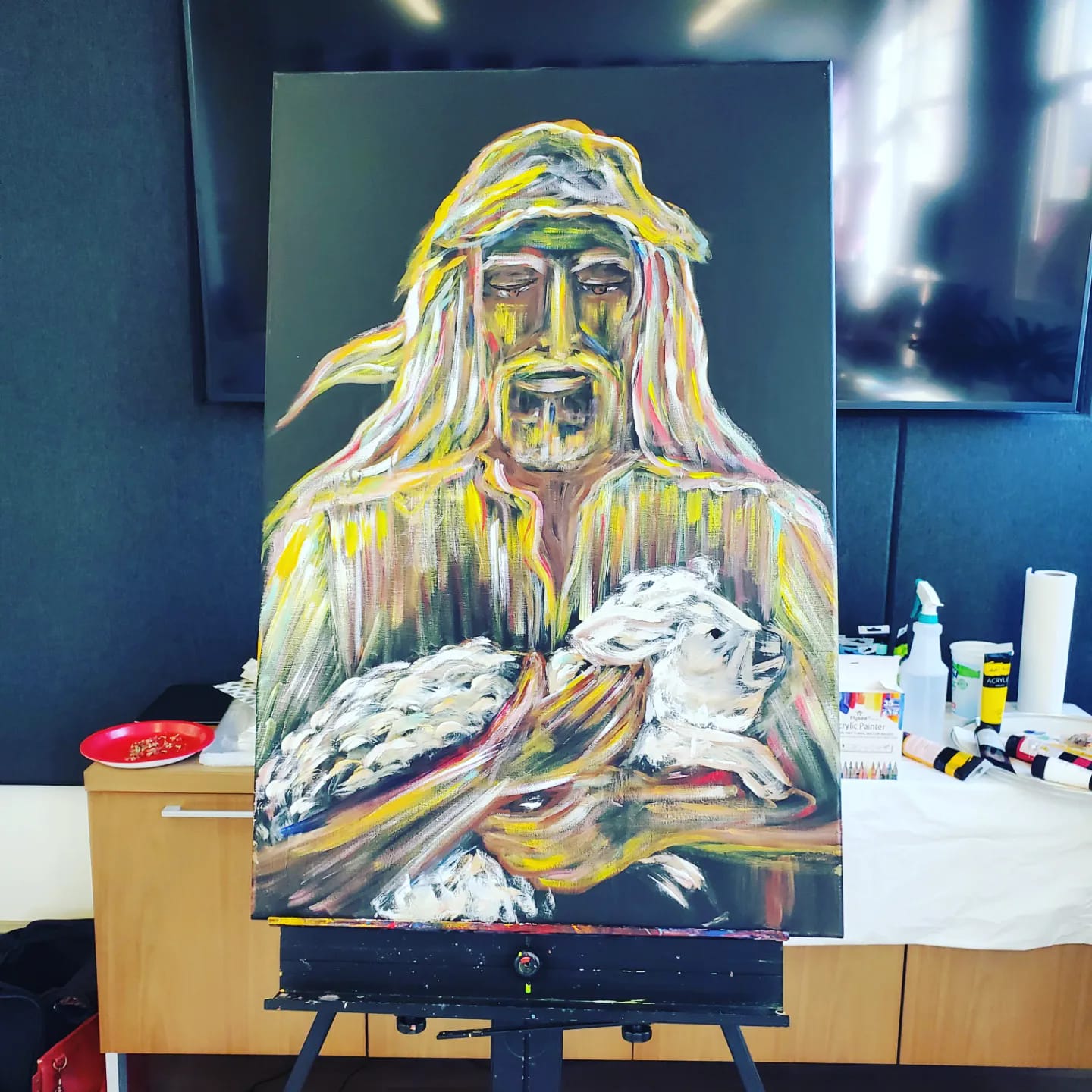I love when God comforts and encourages me. It’s a great feeling to know that God is on my side. However, there have been times when God wasn’t supportive of my choices and decisions. I’ve had situations in my life where I have been wrong, very wrong. Wrong words, wrong choices, and attitudes, unhealthy habits. At such times, I have heard God’s voice correcting me and convicting me. Sometimes, His voice is stern and authoritative which shakes your very being, and sometimes endlessly persuasive with love. Irrespective of how He does it, it is never fun. “I cannot be wrong”, the pride in me screams. In hindsight though, I am thankful for not letting me stay where I was, for guiding me into the right path, for the closed doors and the tough love.
People often ask me if I hear a loud voice when He talks. While my physical ears don’t always hear His voice, my soul recognizes it well. He often takes me to His Words and lets me know where I am wrong. He usually corrects me as I read His Words in the Bible. There are times He speaks straight to my heart and when that happens, I have learned(through some tough experiences) to not fully trust my feelings and emotions but to test the voice and go back to His Word to ensure it’s His voice. From my personal experience, the Bible is critical to discerning God’s voice and other voices (including but not limited to your own voice). Leave the Bible out and I can guarantee that you will be tossed around by every wave and emotion. Please don’t get me wrong here, as an artist, emotions are important to me. I don’t ever diminish the importance of emotions but I also know that my feelings are often very unreliable. Truth needs to stand the test of time and my emotions ebb and flow and I could be emotional for a completely different thing tomorrow. I cannot base the truth on my emotions even if my feelings are often true. Once I’ve come out of the initial roller coaster of emotions from a bad experience, I have learned that it is better to let God work on my heart. Without Him working on my heart, I can allow for my bad choices to take deeper root and transform me negatively. Without the cleansing work of the Holy Spirit, I can become so set in my ways (imagine concrete) that whatever I do will always seem right and what others do will always seem wrong. The Scriptures are God-breathed and meant to correct and train us. If we are always reading the Bible with a hero/victim mindset, we can never receive the correction that God wants to offer.
To understand correction based on Scripture, we need to recognize the sinfulness of the human heart. The Scripture in multiple places affirms that humans are inherently sinful. Ever since the fall in the garden, our hearts tend toward unholiness and unrighteousness. There is no perfect human on this planet, not one. Don’t believe this? Look no further than a 1-year-old toddler who at the sound of the word “no” intentionally runs towards the exact thing that was off-limits. I remember when my kids were little, electric sockets were curious little things to be explored. I used to protect my children by childproofing them but they wouldn’t stop at that. They would do everything (till they got bored) to see if they could get their hands into them. When I set those socket covers, I was thinking of love, not torturing them with rules. As they grew up, I set up new boundaries appropriate for their age, for them to be safe while also growing and maturing in this life. As a mother, I see the benefits of these boundaries but my children, no matter what age they have been at, see it as an inconvenience and many times as an annoyance. Let’s be honest, no one wants to be corrected, including our little children, and yet universally we agree that correction is part of the parenting deal. We correct them because we believe that correction can be beneficial to the child in the long run. However, when it comes to Biblical correction, we somehow feel like either we are right all the time or that God is a cosmic killjoy who doesn’t trust us to make the right choices. Like any good parent, God wants the best for His children. If a little correction makes our walk with Him more intimate, if it helps us grow and mature spiritually and emotionally, He does it, even if He doesn’t really enjoy it. God’s correction is rooted in love.
So know in your heart that just as a man disciplines his son, so the LORD your God disciplines you. Deuteronomy 8:5
When God corrects us, it can be difficult for various reasons but here are a few that I have found to be true in my life during various circumstances. I still do these from time to time but recognizing it is useful when it happens again.
- I am too proud to accept that I am wrong. My ego hurts. It’s easier to ignore the correction than to apologize.
- I have created Jesus in my own image, a bobblehead Jesus, who says yes to all my thoughts and actions. Truth: This Jesus doesn’t exist. If Jesus is always saying yes to my decisions and actions and if I am never wrong, I can safely assume that I have created a false Jesus in my own image, who hates everyone I hate and hates everything I hate.
- I don’t understand God’s heart for me. When He corrects me, I start thinking He is simply trying to make my life miserable. Simply put, there can be an underlying lack of trust in the character of God.
- I compare with others and take the “what about them” mentality. I look at all the others who make the same choices as me and yet God seems to be correcting only me. This assumes that I know everything about the next person’s life and assumes that all our lives should look the same for the similar choices we make. This results in failing to acknowledge that correction is also part of the grace that Christ showed me when He first saved me.
- The previous point brings us to – I don’t understand God’s sovereignty. God sees the end from the beginning. As imperfect parents, we provide safe zones for our children not knowing what will or won’t happen. God, on the other hand, knows what the end will look like, so when He corrects, He speaks not just out of wisdom but with complete knowledge about the future. Misunderstanding God’s sovereignty also leads to taking it upon ourselves to fix others while ignoring our own flaws.
- The correction that leads to repentance may require cleaning up, which isn’t always easy. Apologies may have to happen. Confessions may have to happen. Coming face to face with other people and saying, “I was wrong”, is not easy. Correction may also lead to a complete change in life, which means committing to God working through our life and getting rid of the things that aren’t necessarily good for us. It can and most likely will get serious!
Here’s the thing, God will correct anyone who willingly surrenders their life to Him. He corrects us because He loves us. He welcomes us as we are but as we start walking with Him, He will surely transform us to become more like Him, because in Him there is righteousness and love. We will all know when He speaks. Would we acknowledge His voice and go back to His Word to discern it? And when we recognize we are on the wrong side, would we have the courage to accept it and repent? It is not easy, but so worth it, because in the end, it is life-giving! That’s the promise.
For the kind of sorrow God wants us to experience leads us away from sin and results in salvation. There’s no regret for that kind of sorrow. But worldly sorrow, which lacks repentance, results in spiritual death. 2 Corinthians 7:10







